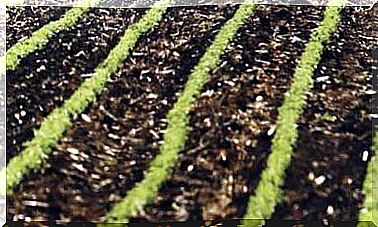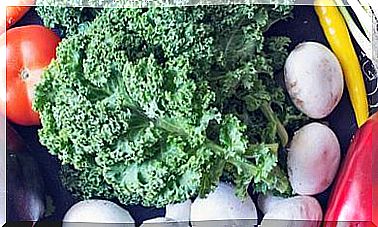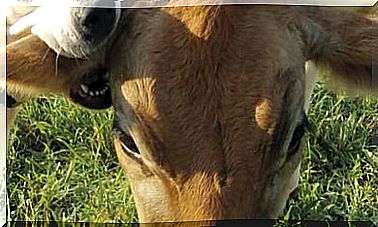Zero Waste And More Vegetables: The Planet Is Asking For It!
Reducing food waste and meat consumption are the two dietary strategies that would help most to combat climate change. However, countries barely bet on it.

Two of the most powerful solutions to curb the climate emergency are the adoption of dietary patterns less dependent on animal products and the reduction of global waste. Despite this, 89% of current national climate plans do not include specific targets for either of these two solutions.
Food waste and meat consumption, ignored in strategies against climate change
This reality is reflected in a recent report by the United Nations Environment Program. The report, called Enhancing Nationally Determined Contributions to Food Systems, notes that if countries were to drive the shift towards more plant-based, less food-wasting eating patterns, “they could reduce emissions by as much as 12.5 Gt. of CO2e, which would be equivalent to taking 2.7 billion cars off the road. “
On the one hand, reducing food loss and waste could avoid 4.5 Gt of CO2e per year.
On the other hand, the shift towards more plant-based diets, with a higher proportion of foods of plant origin than of animal origin, could avoid emissions of up to 8 Gt CO2e per year.
However, currently only 11 countries mention food loss in their plans and none consider food waste. The situation regarding reducing meat consumption is even worse, as no national climate plan explicitly includes targets towards more sustainable diets.
In Europe, the new Farm-to-Table food strategy sets as a specific objective the reduction of food waste per capita in retail and among consumers by half by 2030. In addition, the European Commission will establish legally binding targets for reduce food waste across the EU by 2023.
However, it does not propose any specific goal in relation to reducing the consumption of meat and other animal products. And, although it states that 70% of agricultural emissions come from livestock and that 68% of agricultural land is used for animal production, it does not raise the need to reduce animal consumption.
It just points out that “a healthy, plant-based diet reduces the risk of life-threatening diseases and the environmental impact of the food system.”
The Commission does not even dare to stop subsidizing promotional campaigns for highly unsustainable animal products, such as red meat or dairy products.
Those of us who work to transform the current food model find it frustrating to see how a strategy with so much potential remains only a declaration of intent, without concrete objectives or plans of action to actively reduce the consumption of animals.
It is worrying that, knowing that livestock represents 16% of total GHG emissions, it is not yet prioritized in plans to combat climate change.
If we want to meet the goals of the Paris Agreement and limit warming to 1.5 ̊C, the food transition is as important as the energy transition.









